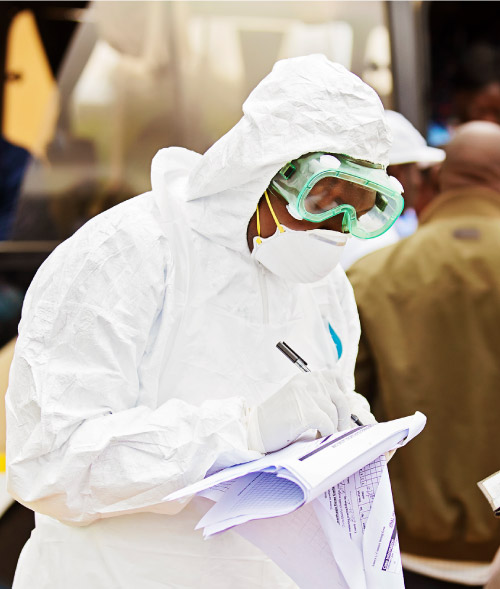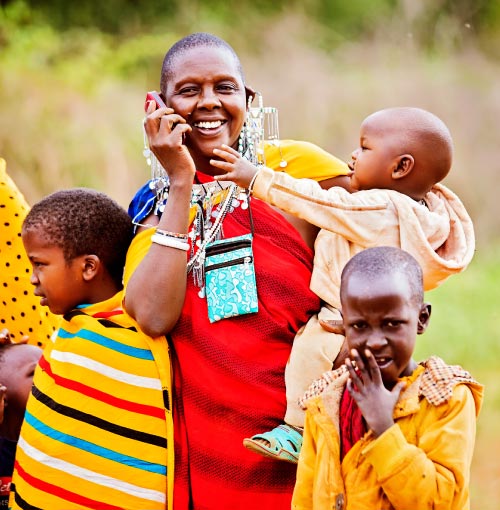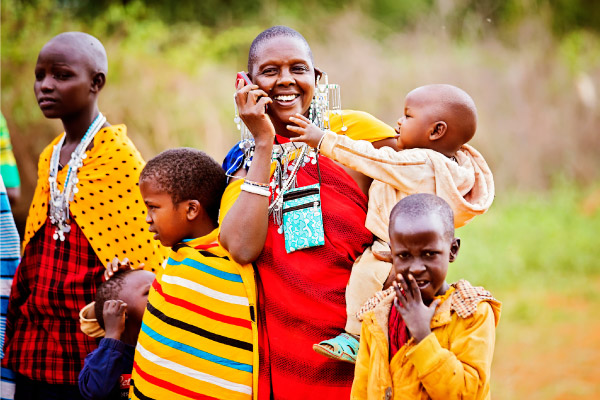Understanding Risk and Crisis Communication
Risk communication is a two-way exchange of information, perceptions and advice among risk assessors, risk managers, and various groups of people in the society who face a threat to their well-being about the likelihood and consequences of harm from an event. It aims at minimising the risk of hazards from causing harm, such as an infectious pathogen from causing an illness, ‘in peacetime’. Only those who know the risk can effectively take the appropriate measures to protect themselves. Risk communication is a continuous process involving stakeholder engagement at every step. Prompt and accurate risk communication is vital in reducing misinformation and stopping rumours that may worsen the magnitude of any emergency. Furthermore, well-planned risk communication can improve decision-making and the adoption of recommended behaviours by communities.
Crisis communication is the prompt exchange of information during a crisis, such as fires, floods or landslides. It is aimed at informing and changing the behaviour of a target group in a manner that leads to minimizing the impact of an event. Thus, crisis communication plays an important role in bringing an emergency under control.
Together, risk and crisis communication (RCC) form an integral part of public health response and are essential elements of disaster and emergency preparedness. In East Africa and across the globe, the importance of RCC is established and is increasingly being employed as one of the core tools for mitigating the effects and consequences of public health events and other emergencies.
Improving the Health of the People in the EAC Region
The EAC Secretariat has an advisory and coordinating role for the Partner States. The EAC Secretariat and the Partner States have declared the fight against infectious diseases a health priority for the region. Information available in the EAC shows that each Partner State has had at least two notifiable disease outbreaks every five years since 2000. The region has experienced outbreaks of Ebola Virus Disease (EVD), Rift Valley Fever, Marburg, Chikungunya, Yellow Fever and Crimean Congo Haemorrhagic Fever, Bird Flu and COVID-19 amongst others.
In the management of public health emergencies and other events, the Secretariat involves multiple professional disciplines and sectors of society that play an important role in prevention and response. In addition to human health, these include trade, immigration, environment, and agriculture, among others. This contributes to a uniform, effective, responsible and balanced approach to preparedness at the regional and national government levels.



